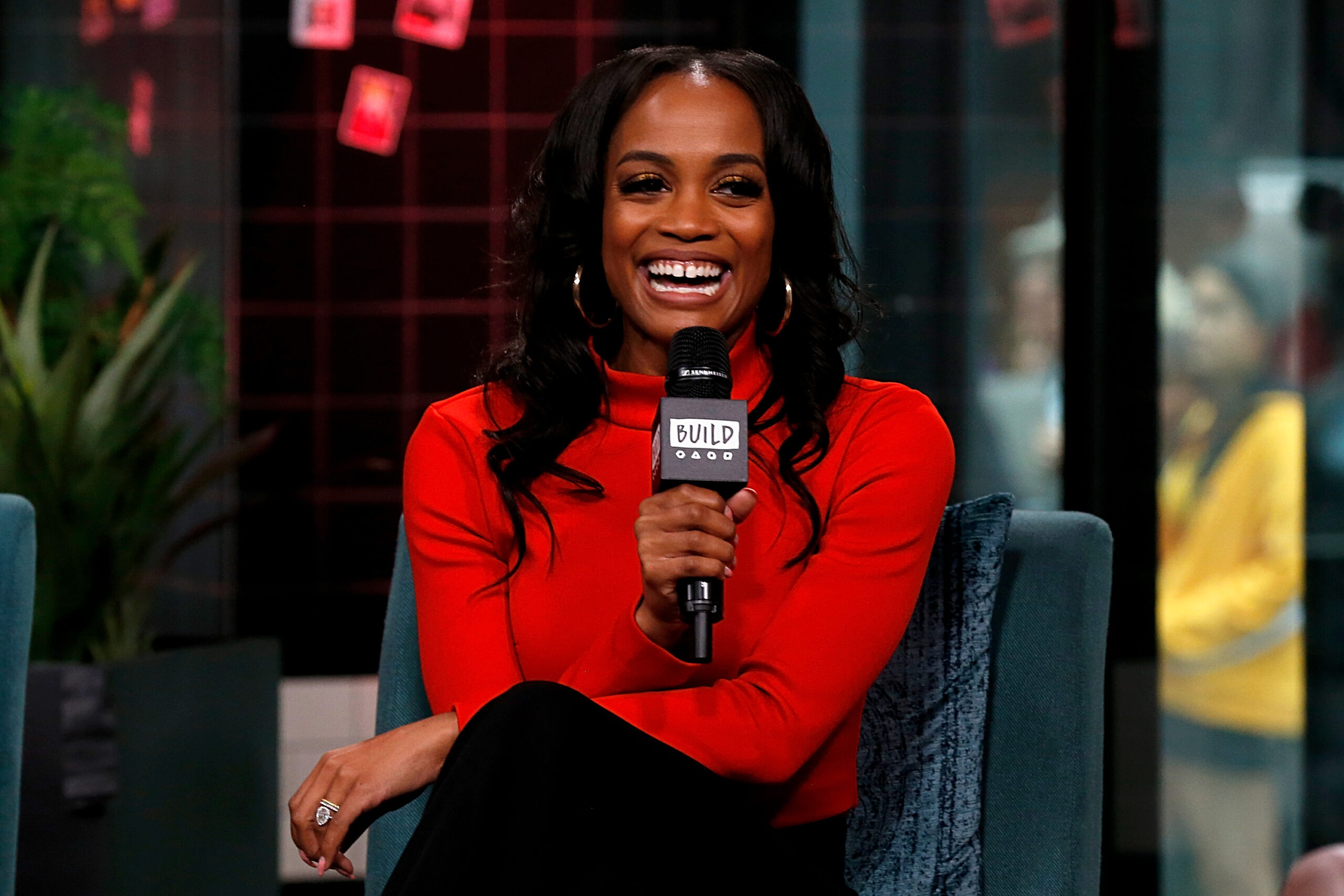The buzz surrounding the latest season of “Love is Blind” continues to be a trending topic. The reality dating shows’ on-screen and behind-the-camera chaos has turned into memes, TikTok rants and an overflow of reviews.
Viewers have vocalized their concerns about the treatment of Black women who participate on relationship-focused reality dating shows. On this season of “Love is Blind,” Amber Desiree, who goes by A.D., is the only Black woman who made it past the first stage of the experiment. However, many viewers were disturbed with the interactions from some of the other contestants beyond the pods.
A.D. received comments from her white castmates that objectified and oversexualized her body. One of her male castmates described her curvy figure as “stacked” to his fiancée. As if that wasn’t enough, the woman blurted the comment aloud for all the couples to hear. It created an awkward situation for A.D., who decided to just laugh it off and move on.
A different white male castmate also shared another degrading “joke” with A.D. about her body. He told A.D., in front of her fiancé Clay, that his fiancée told him to “bean dip,” or flick her breasts with his fingers, her. Again, she laughed it off and smiled through it. The audience, however, didn’t find it funny. Online, they expressed how unsettling it was to watch both of these interactions unfold.
Objectification and hypersexualization of their bodies is not the only problem Black women face on reality dating shows. In “Love is Blind,” along with other shows like “The Bachelorette,” “Love Island” or “The Perfect Match,” Black women receive more online hate than their white counterparts. Rachel Lindsay, the first Black bachelorette, addressed the cyberbullying that she received since her time as the show’s leading lady.
“I feel like you guys hear us talk about the hate that we receive, but you have no idea what it is,” Lindsay said, during a special segment about online harassment on the “Women’s Tell All.” “The only way I can actually make you feel it is for you to see it, so I want to start out by reading some of these messages that these women have received.”
“You’re useless” and “kill yourself” read the first couple of messages. Another read, “Of course, you pull the Black card, you’re so jealous…it doesn’t look good on you, and you need all the help you can get looking good because you’re the ugliest girl in the house.” One message went as far as to include the N-word while insulting her intelligence.
Many Black women revealed that these occurrences on reality dating shows damaged their experience and threatened their livelihood. Although more Black women contestants are speaking out about the problems they faced, there is more work to be done. It is essential for the producers, casting members and editors to hold themselves accountable. It is important that the people in charge of the narrative consider their part in Black women’s depictions.
